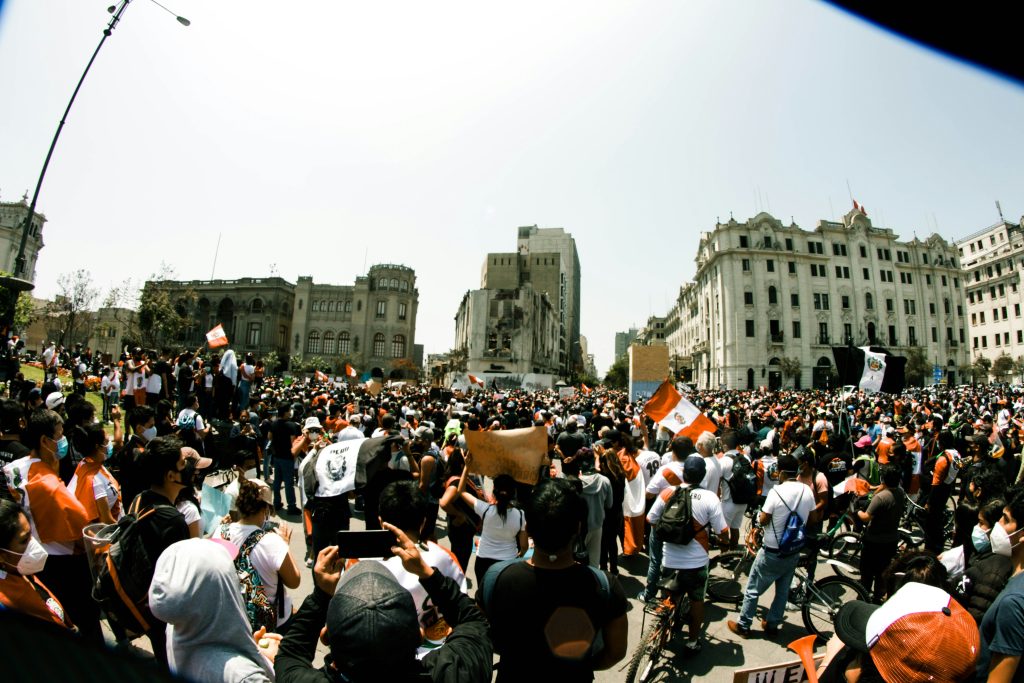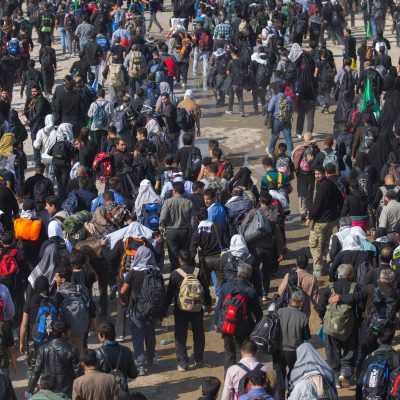EU Migration policy after the Arab Spring: The pitfalls of Home Affairs Diplomacy

This Policy Paper is a contribution of Sergio Carrera, Leonard Den Hertog and Joanna Parkin (CEPS), to the project Think Global – Act European (TGAE). Thinking strategically about the EU’s external action directed by Notre Europe – Jacques Delors Institute (report available in March 2013, dir. Elvire Fabry, Senior Research Fellow, Notre Europe – Jacques Delors Institute).
Following the outbreak of the Arab Spring, the EU declared its intention to strengthen its external migration policy by setting up “mutually beneficial” partnerships with third countries in North Africa – the so-called ‘Dialogues for Migration, Mobility and Security’ – now placed at the centre of the EU’s renewed Global Approach to Migration and Mobility (GAMM). Yet, with negotiations on the establishment of Mobility Partnerships now well underway between the EU and certain Southern Mediterranean countries, the current contours of the EU’s external dimensions of migration policy continue to be primarily insecurity, (im)mobility and conditionality driven.
This article seeks to explain the reasons behind the EU’s migration policy responses towards the Southern Mediterranean region from the perspective of the EU’s institutional setting: how do the key actors in this policy domain and their institutional relations drive and shape the EU’s external migration policies? It finds an institutional setting beset by struggles for autonomy and authority to control the policy agenda within the GAMM. Despite the application of the Lisbon Treaty and the creation of a European External Action Service (EEAS), an ever-expanding “Home Affairs diplomacy”, propounded by the Commission’s DG Home, certain EU agencies such as Frontex and the working structures of the Council, continue to dominate policy formulation on the external dimensions of EU migration policies.




